Coughing is a protective reflex that helps clear excess mucus and irritants like dust and smoke from the respiratory tract. It is also a common symptom of diseases such as COVID-19.
Dry or non-productive cough is a cough that does not produce phlegm. It may feel like a tickling sensation or scratchiness in the throat.
Some of the conditions that are most commonly associated with dry cough are:
- Post-viral (symptoms that linger when you are recovering from a viral infection)
- Asthma
- Rhinosinusitis (post-nasal drip, upper airway cough syndrome or “nasal catarrh”)
- GERD or gastro-oesophageal reflux (a disorder in which the valve separating the food pipe from the stomach does not function properly, and allows stomach acids to enter the food pipe).
- The use of certain medicines, especially angiotensin-converting enzyme inhibitors or ACE inhibitors used for the treatment of high blood pressure, diabetic nephropathy (nerve problems linked to diabetes) and some heart diseases, can also cause persistent dry cough.
Treatment of dry cough typically depends on the underlying cause. Home remedies for dry cough and medicines for symptomatic relief—especially if the dry cough is worse at night, affects the patient’s sleep or quality of life—can also help. A word of caution around dry cough medicines: research shows that while antitussive (cough suppressant) opiates can reduce persistent dry cough, they can cause drowsiness and may be habit-forming.
Complications of dry cough include sleep disturbance, respiratory muscle cramp, and rarely, fractured ribs and syncopal attacks (fainting suddenly).
Dry cough in addition to other symptoms, like dry cough with shortness of breath or dry cough with fever and chest pain, can signal different health problems. For this reason, while dry cough may seem innocuous enough, it should not be ignored if it persists beyond a few days. Read on to know all about dry cough and when to see a doctor for it.
Upper respiratory tract infections can cause dry cough
The upper respiratory tract comprises the nose, throat and larynx or voice box. Common examples of upper respiratory tract infections include the common cold, pharyngitis, epiglottitis, and laryngotracheitis. These conditions could be caused by a bacterial infection, viral infection or fungal infection. Dry cough is often a symptom of these conditions.
However, dry cough may persist for several months, even years, after the infection clears up (post-infection).
During an infection (or allergy) you may also develop a runny nose. A runny nose is a sign that the body’s producing more mucus. Some of this excessive, thin (runny) mucus can drip down to the back of the throat instead of going out the nose. This is known as post-nasal drip, which can irritate the throat and trigger the cough reflex.
While minor infections and dry cough are quite common and generally easy to resolve, experts say that chronic cough—especially in children—could lead to inflammation in the epithelial (outermost) layer of the bronchi which acts as a barrier between the airways and everything outside them. This inflammation also makes it easier for irritants to enter the airways. This inflammation also increases the sensitivity of the cough receptors in the body, which is part of the reason why people with dry cough are often hypersensitive to inhaled capsaicin or the chemical that makes chillies spicy. (Read more: Home remedies for cough in babies)
Dry cough in GERD or gastroesophageal reflux
Acid reflux is one of the top 5 causes of persistent dry cough in the world. Research has shown that if stomach acids continually reflux or go up into the oesophagus, it can cause inflammation in the food pipe which in turn can lower the threshold at which we cough.
In some cases, the amount of stomach acid that reaches the throat is so small that it doesn’t produce any other signs of GERD. However, as this type of acid reflux has a more direct impact on the cough receptors in the larynx and trachea, it could cause even more throat irritation.
Research has also shown that GERD patients tend to have lower tracheal pH (or more acidic conditions in the trachea or windpipe) during a reflux episode which irritates the trachea and triggers the cough reflex.

 Doctors for Dry Cough
Doctors for Dry Cough  OTC Medicines for Dry Cough
OTC Medicines for Dry Cough
 Dry Cough articles
Dry Cough articles

 Home Remedies for Dry Cough
Home Remedies for Dry Cough

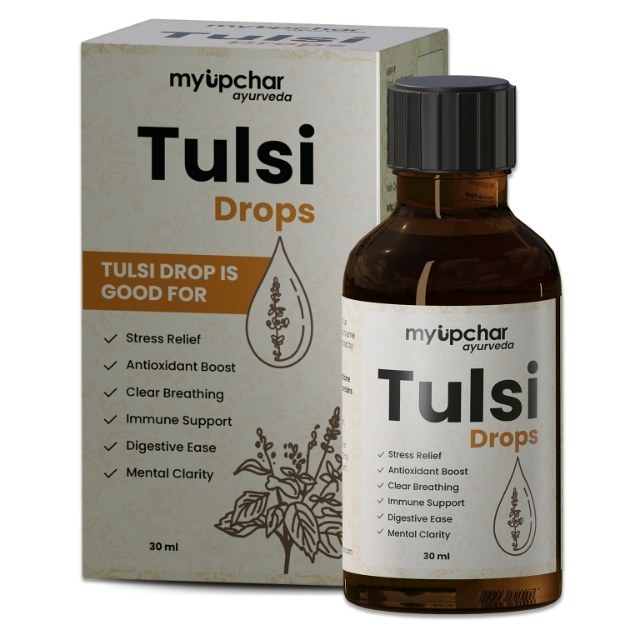




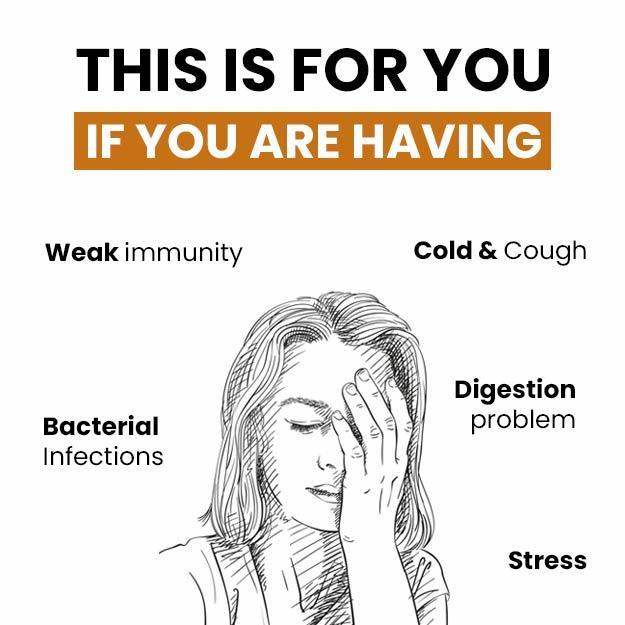


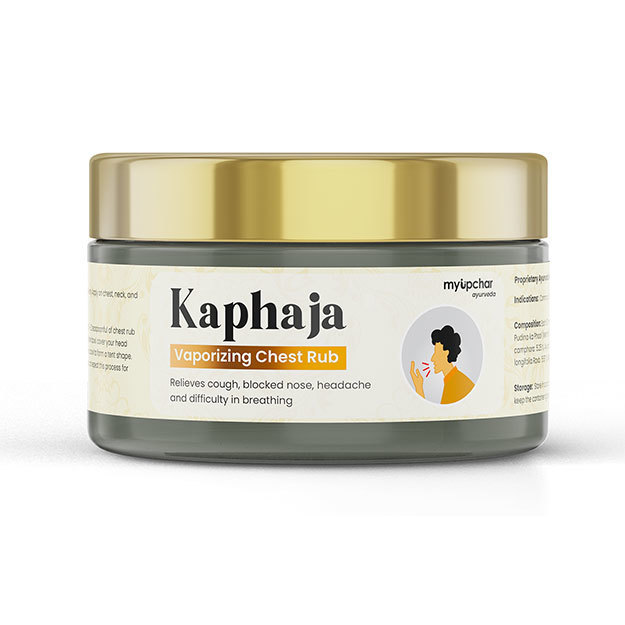

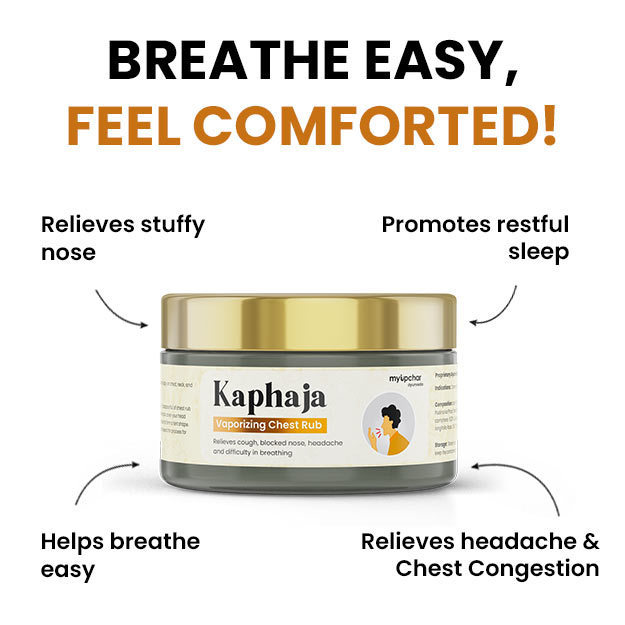
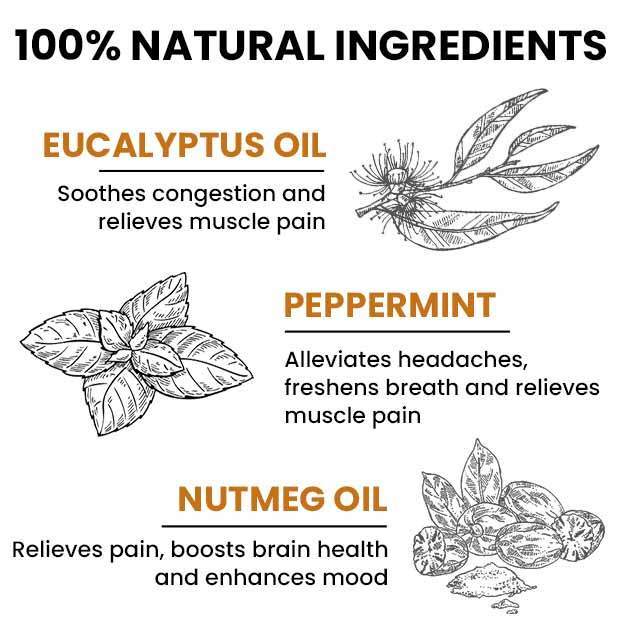
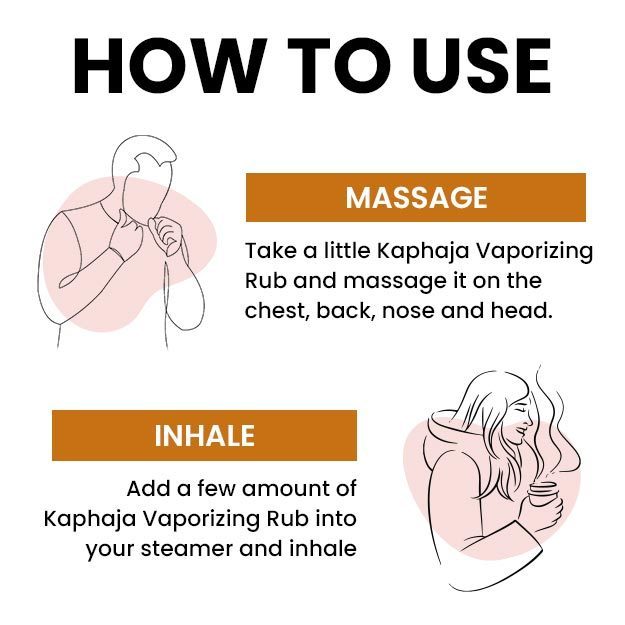







 Dr. Laxmidutta Shukla
Dr. Laxmidutta Shukla











